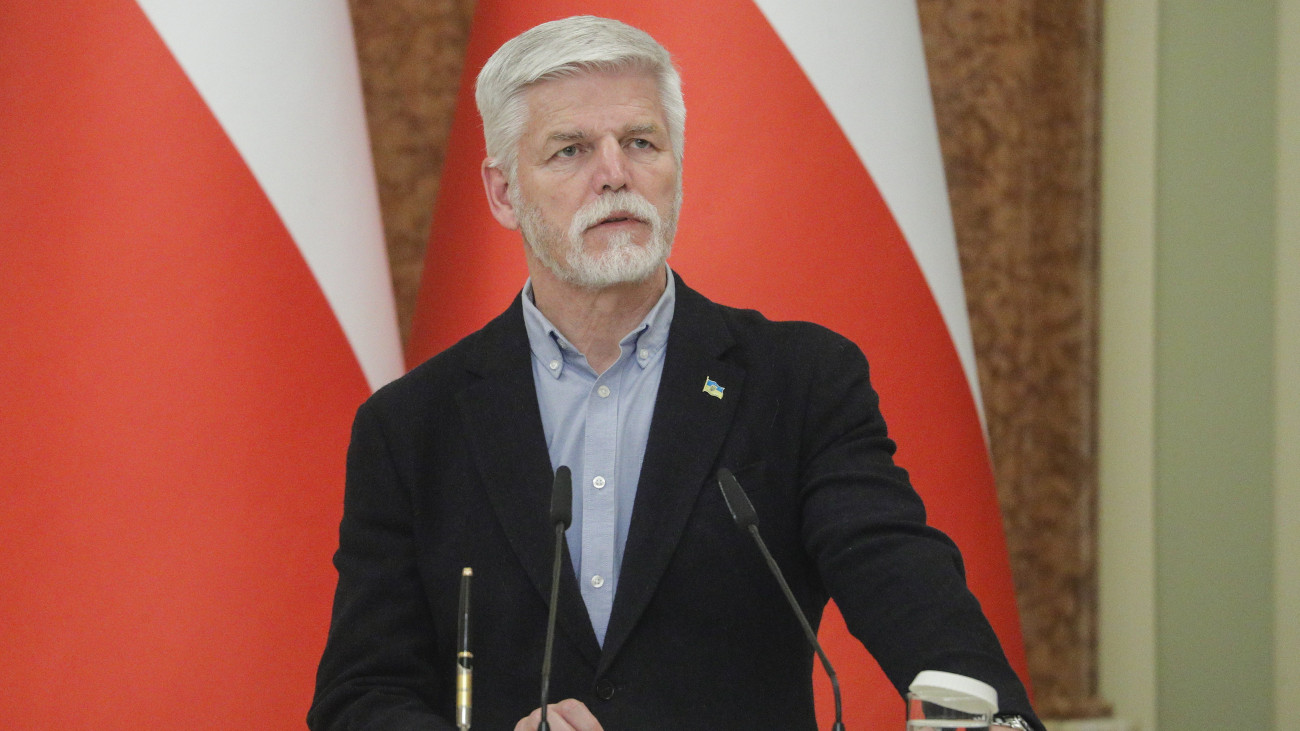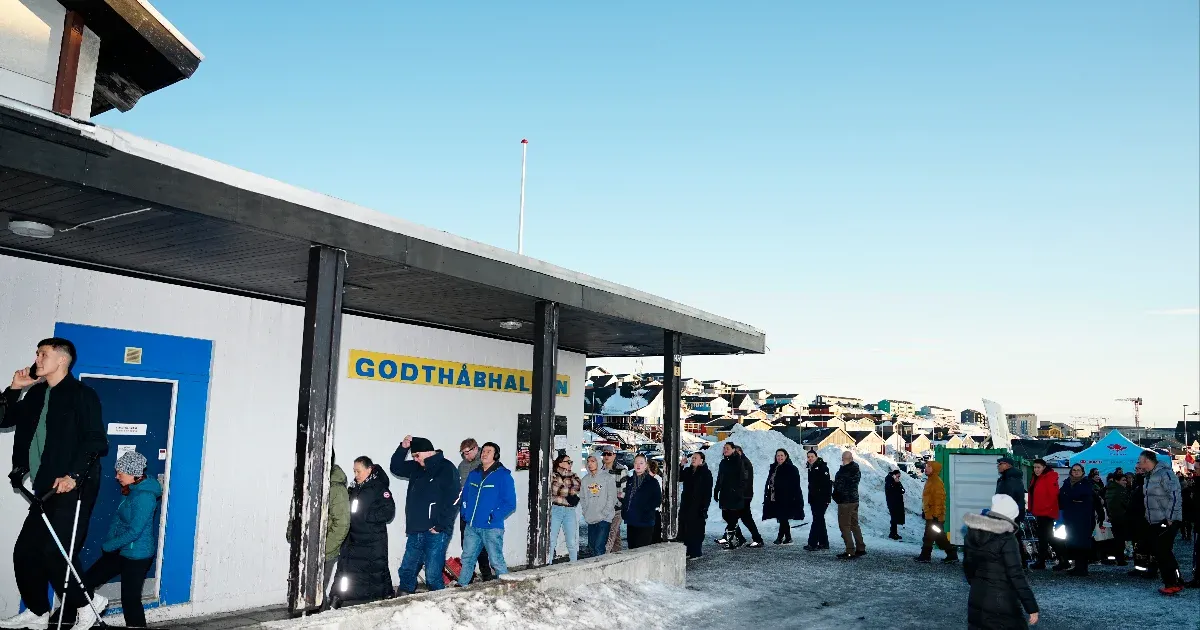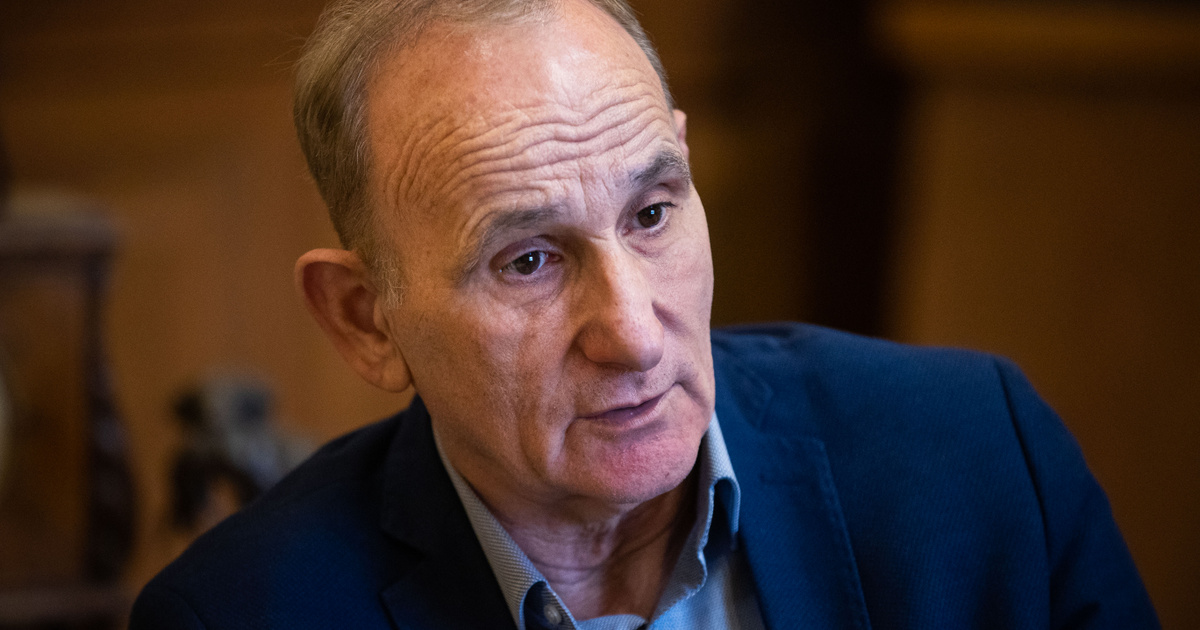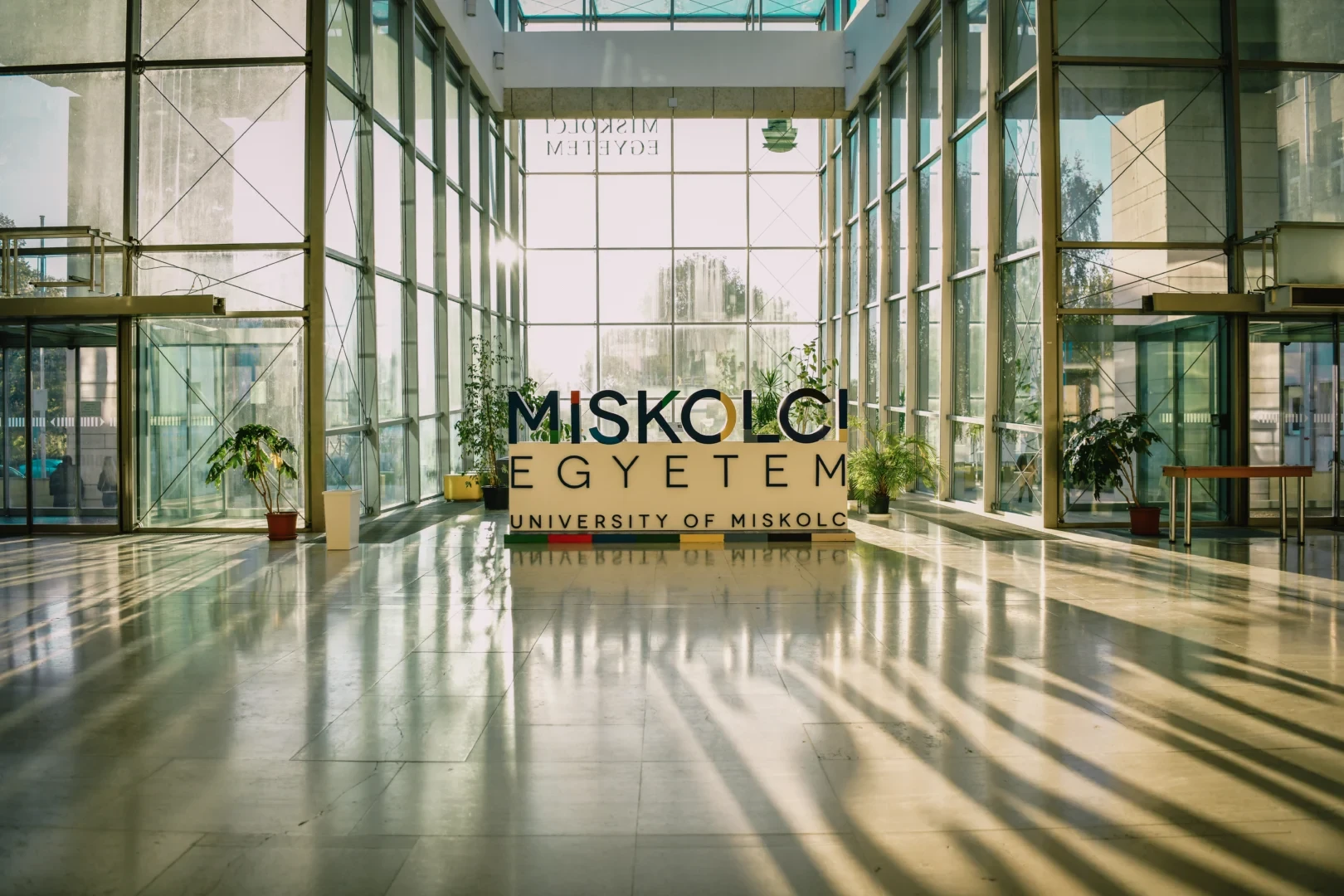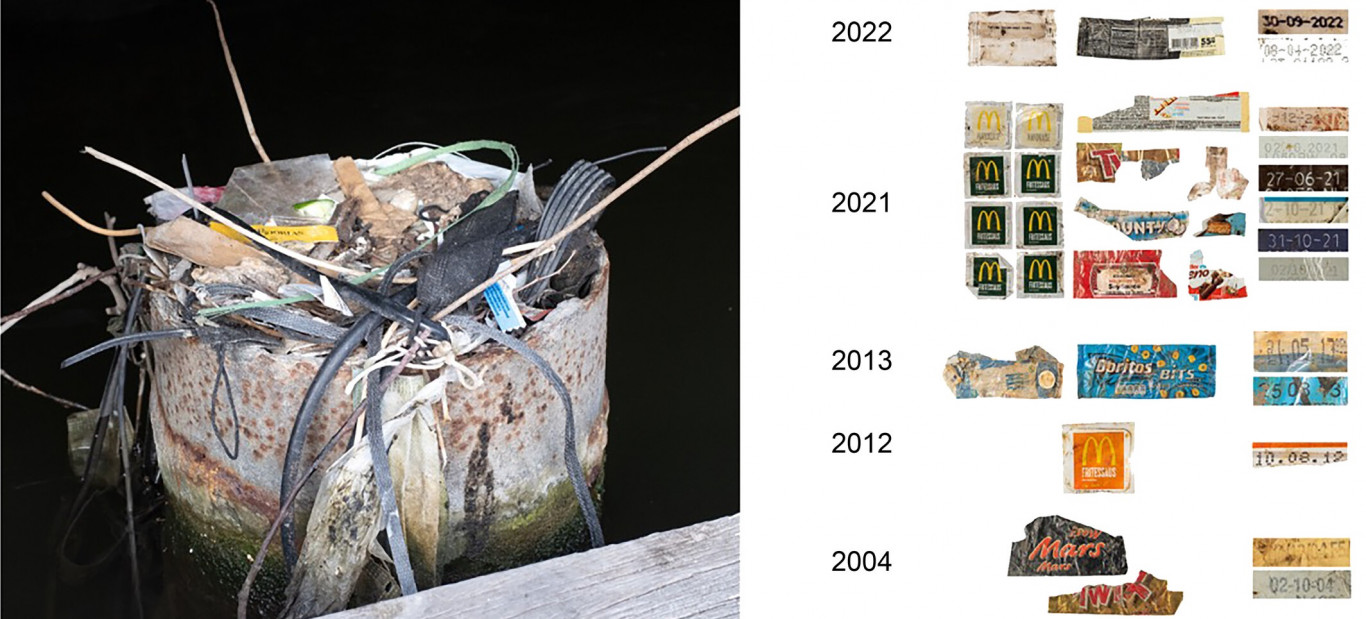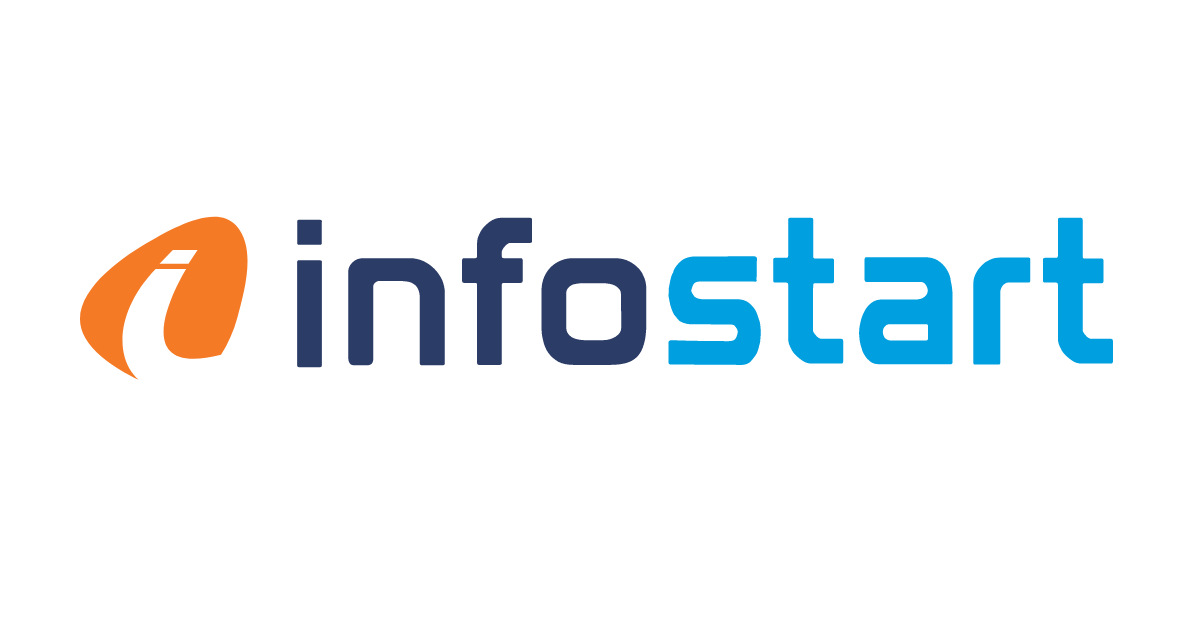Leaders of the nonprofit said that two out of five people in the Atlanta area this year have yet to apply for food aid. Demand for free food is increasing with the end of emergency aid due to the pandemic and food prices increasing by 23% since March 2020. The number of households collecting free food increased by 15% year-on-year and exceeded 11.4 million.
More worryingly, demand for food banks in some regions exceeds even the worst days of the COVID-19 pandemic.
This raises concerns about the resilience of the economy and the possibility of an imminent recession.
In the United States, food shortages are becoming more severe, and more than half of the Atlanta food bank shelves are currently empty due to high demand. Supply chain problems also played a role, but the fact that two out of five people this year never applied for food aid is concerning, according to experts.
Demand for free food has increased by 15 percent since last year, with more than 11.4 million households collecting food at the beginning of April alone. Inflation is an important factor, as food prices have increased by 23 percent in the United States since March 2020. (In comparison, food prices in Hungary are only 43 percent higher than the previous year.)
Despite the growing demand for food aid, most government aid is being phased out to cope with emergency pandemics, in particular the temporary increase in the Supplementary Food Assistance Program related to the coronavirus outbreak.
Citizens who run soup kitchens warn that policies that make it difficult for people to access aid may place additional burdens on food banks and emergency food providers, which have become increasingly important in recent years as food insecurity has grown.
Cover image: Getty Images.




